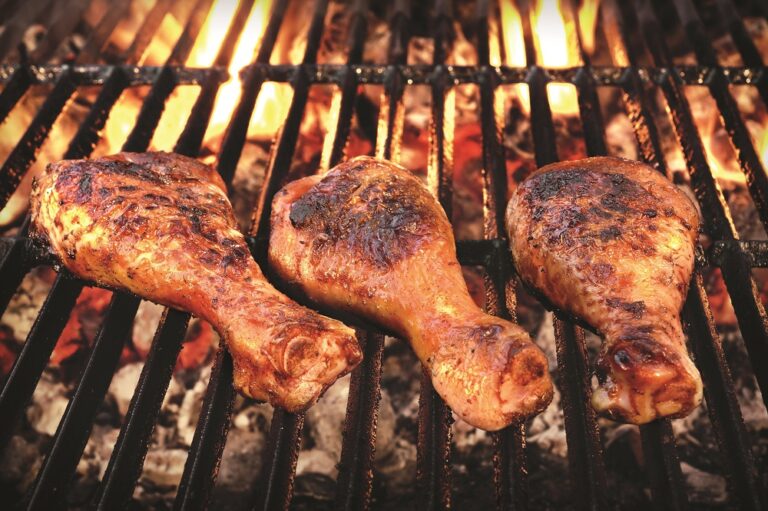Europe’s high levels of food waste are an ethical scandal at a time when hundreds of millions of people around the world are going hungry, the head of the region’s food safety watchdog said on Friday.
European Union lawmakers have campaigned to slash food waste in the bloc, which currently throws away 88 million tonnes of food a year at a cost of 143 billion euros ($162 billion), according to the European Commission.
“I think it’s a scandal, ethically speaking, to waste such an amount of food … theoretically, 100 million people could potentially have the calories that we throw away,” Bernhard Url told the Thomson Reuters Foundation.
Url, a veterinarian who has headed the European Food Safety Authority (EFSA) since 2014, said the growing gap between food production and consumption had contributed to the high levels of waste of between 20% and 30%.
“The food production systems are so complex, spanning global supply chains, that people don’t know where the stuff comes from, who is processing it, what is really in there. So there’s a bit of distrust,” he said.
Earlier this month, more than 100 of the biggest players in food, including all of the UK’s major supermarkets, have signed a pledge to take ground-breaking action to drive down food waste following a call to action from the government.
Big-hitters from the world of food and sustainability including Aldi, Asda, Caffé Nero, Co-op, Costa Coffee, FDF, Lidl, Sainsbury’s, Starbucks, Tesco, M&S, Morrisons, Nestlé, Ocado, UKHospitality, Unilever, World Wildlife Fund for Nature and Waitrose have signed a pledge committing to help halve food waste by 2030 and raise public awareness of the issue through a week of action.
Currently in the UK an estimated 10.2 million tonnes of food and drink are wasted annually after leaving the farm gate, worth around £20 billion. It is estimated that UK householders spend £15 billion every year on food that could have been eaten but ends up being thrown away, equating to £500 a year for the average household.


